Shares of international concern rose as NPR reporter Daniel Estrin made his first journey into Gaza since the war began, nearly one month into the ceasefire. The Israeli military took Estrin and a small group of other international journalists inside Gaza on Wednesday, offering a glimpse into the devastation left in the wake of the conflict.
As they stood at the edge of an Israeli military outpost, looking out at what used to be the bustling Shujaiya neighborhood outside Gaza City, the scene was one of utter destruction. The once-thriving area was now a wasteland, scarred by the fierce fighting that took place during the war. "It's a ghost town," Estrin said, describing the desolate landscape. "You can see the remnants of buildings, but it's like a war zone. There's no life here."
The Israeli military's decision to allow international journalists into Gaza comes as the international community continues to grapple with the humanitarian crisis unfolding in the region. The war has left thousands of Palestinians displaced, with many struggling to access basic necessities like food, water, and medical care. "The situation in Gaza is dire," said a spokesperson for the United Nations Relief and Works Agency for Palestine Refugees in the Near East. "We're doing everything we can to provide aid, but it's a massive challenge."
The conflict in Gaza has its roots in decades of Israeli-Palestinian tensions, with both sides claiming a long history of occupation and displacement. The latest escalation began in May, with a surge in violence that led to the deaths of hundreds of Palestinians and dozens of Israelis. The ceasefire that followed has brought a temporary lull in the fighting, but many fear that the underlying issues remain unresolved.
As Estrin and his colleagues made their way through the devastated landscape, they encountered scenes of unimaginable destruction. Buildings lay in ruins, their walls cracked and crumbling, while rubble-filled streets stretched as far as the eye could see. "It's hard to put into words the scale of the destruction," Estrin said, his voice barely above a whisper. "You see the remnants of people's lives, their homes, their businesses. It's a reminder of the human cost of this conflict."
The international community continues to call for a lasting resolution to the conflict, with many urging both sides to engage in meaningful negotiations. The United States, the European Union, and other international actors have all expressed their support for a two-state solution, with Israel and Palestine existing side by side in peace and security.
As the situation in Gaza remains precarious, the international community remains on high alert, waiting to see if the ceasefire will hold. For now, the people of Gaza continue to struggle, their lives forever changed by the devastating conflict that has ravaged their homes and communities.
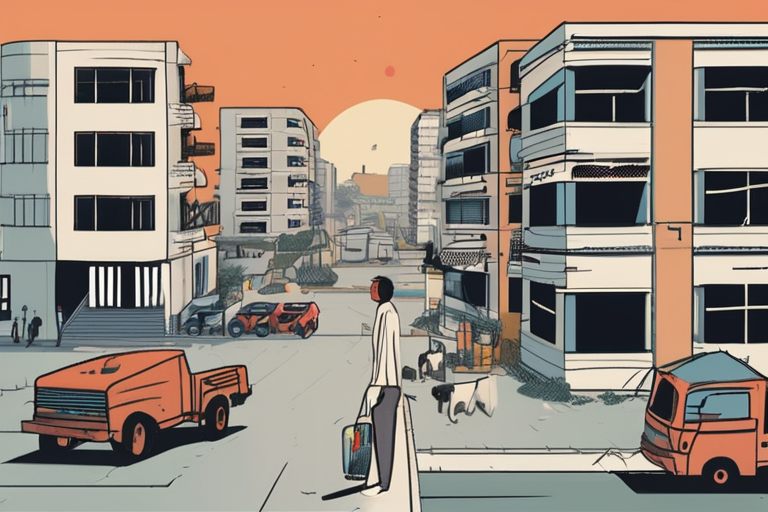


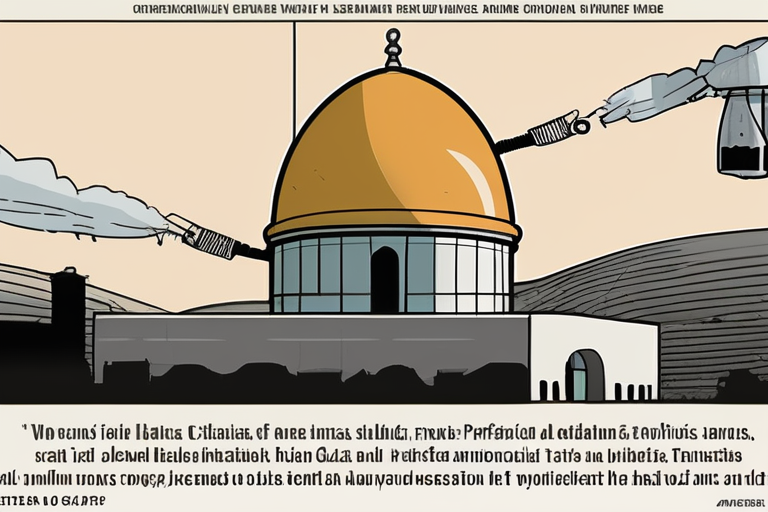
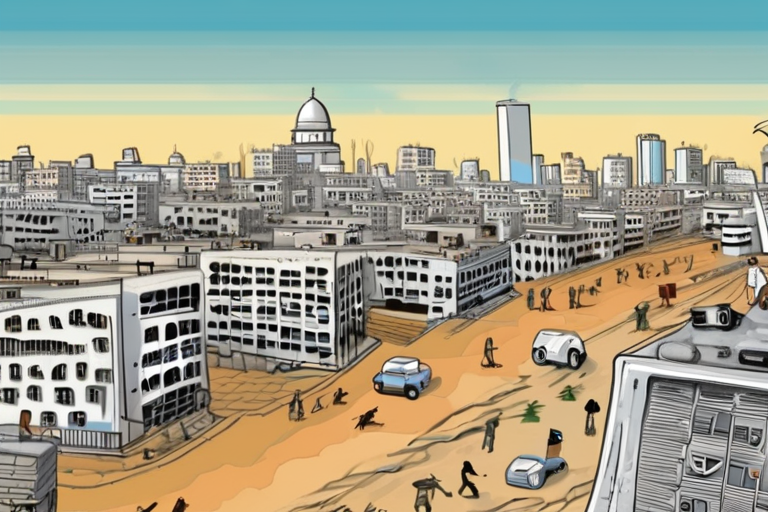
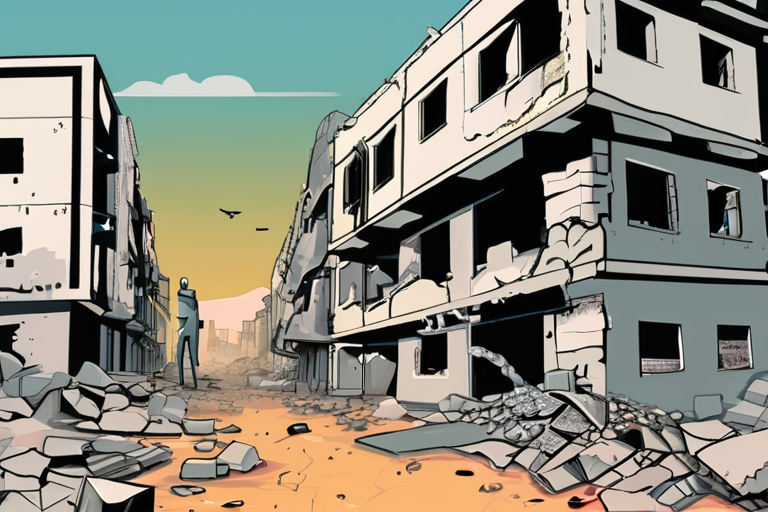
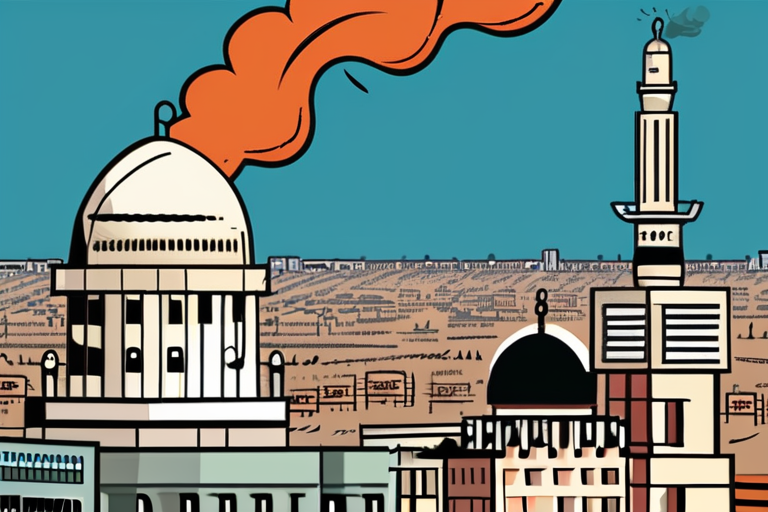
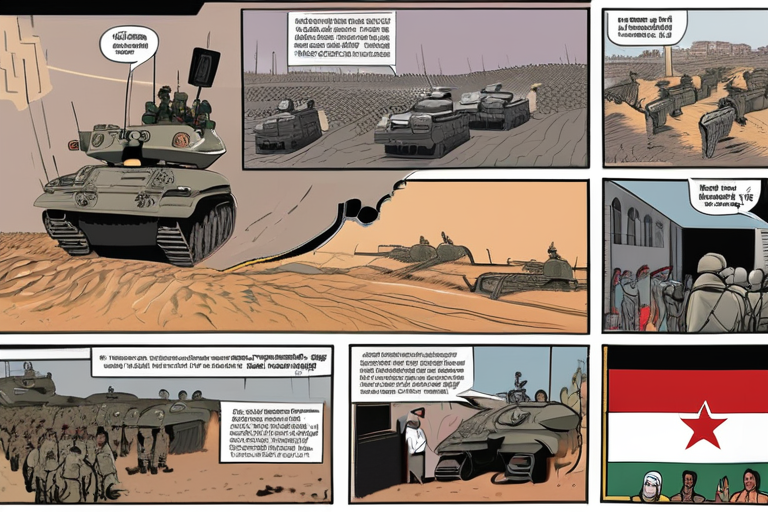
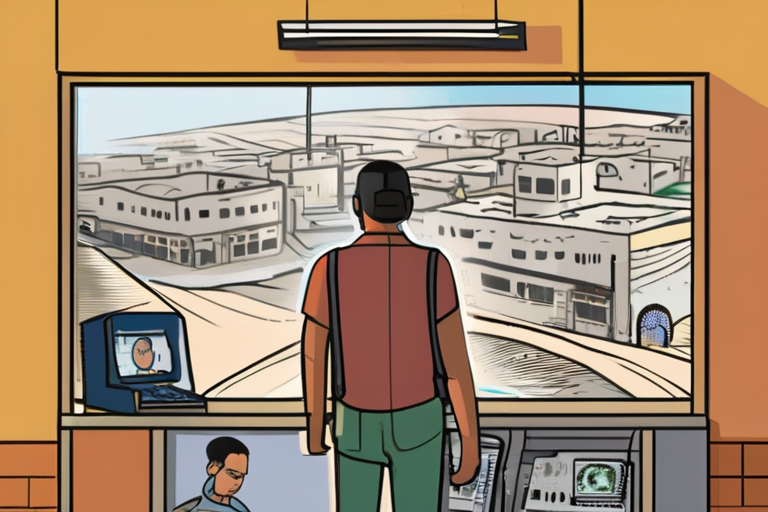
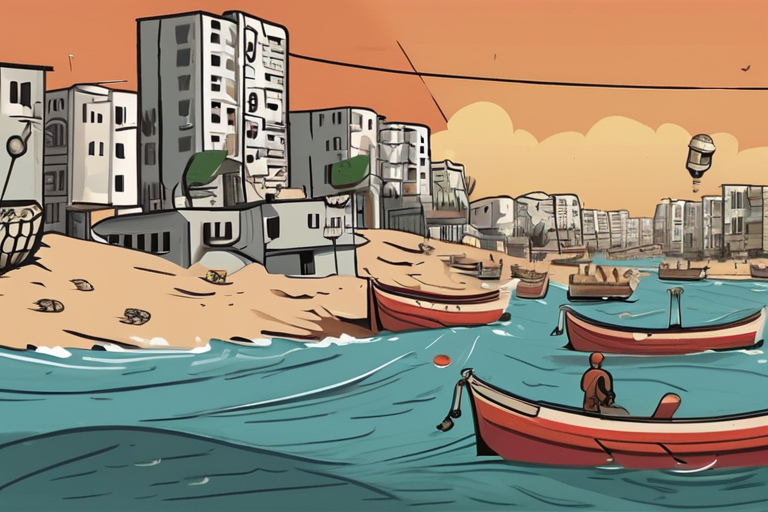
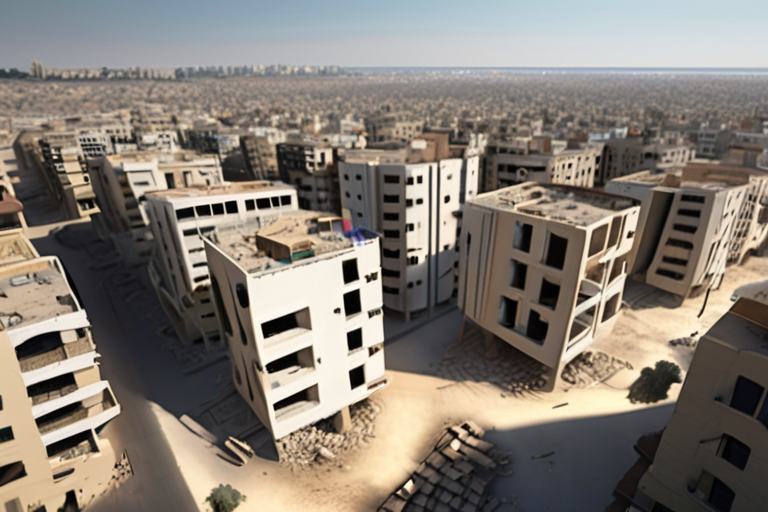
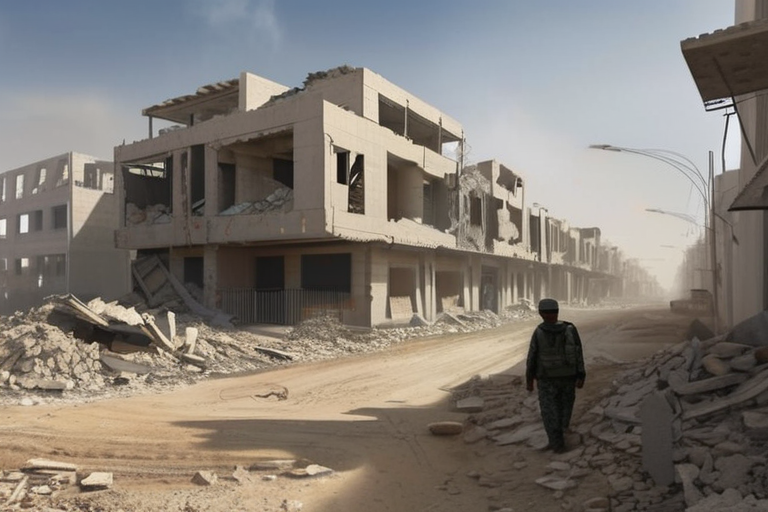
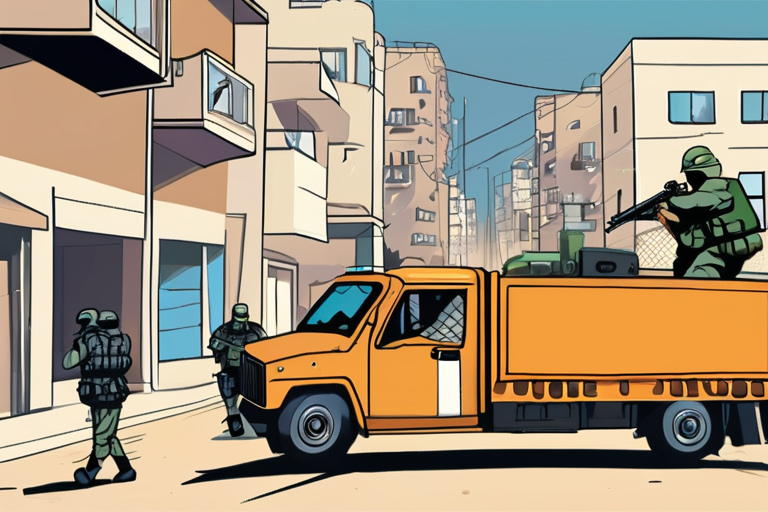
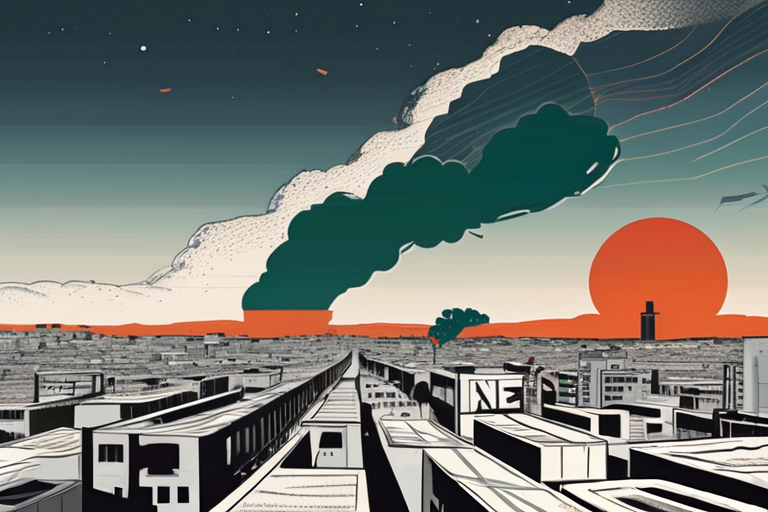
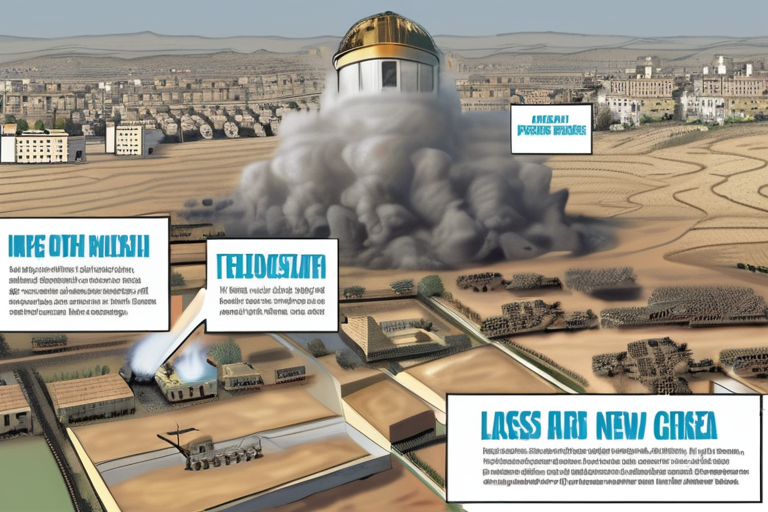
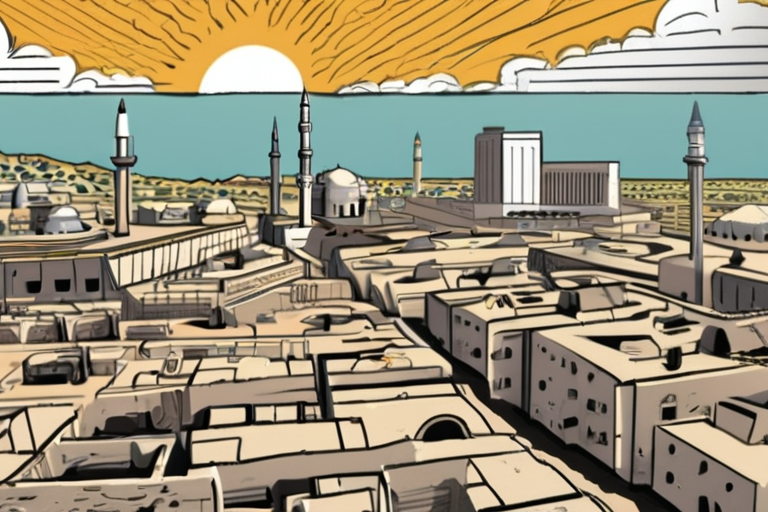
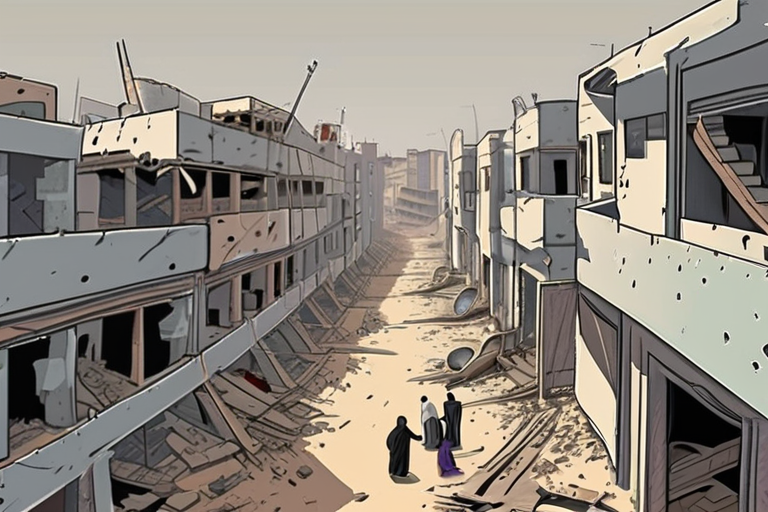
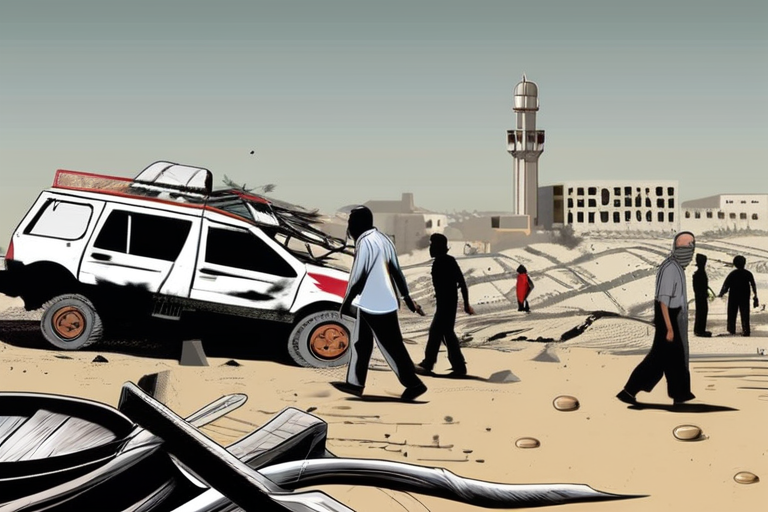
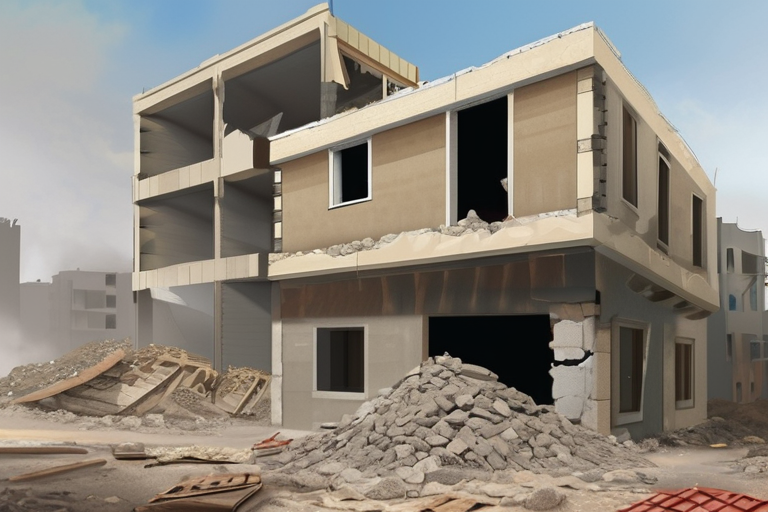
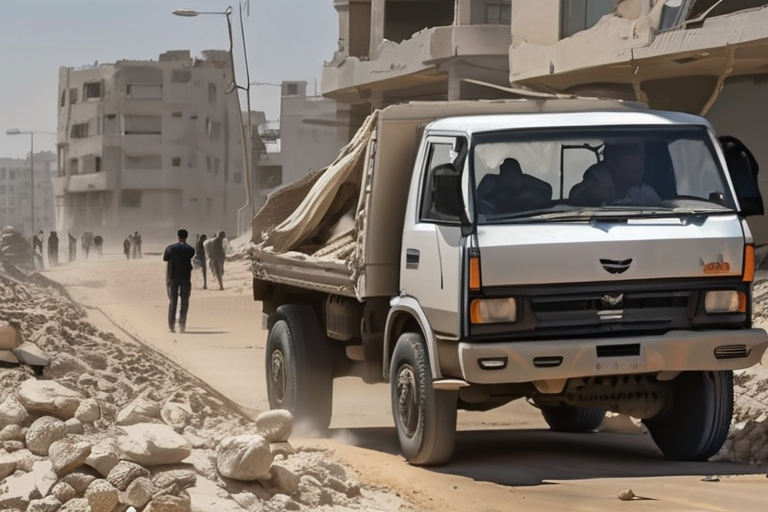
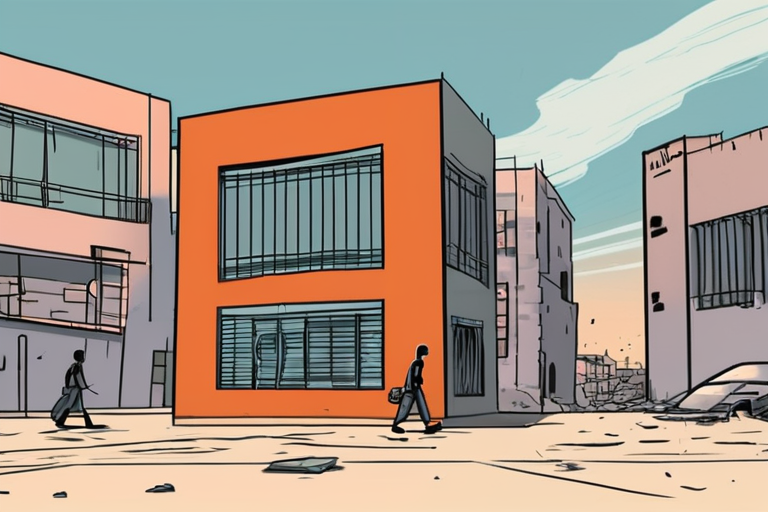
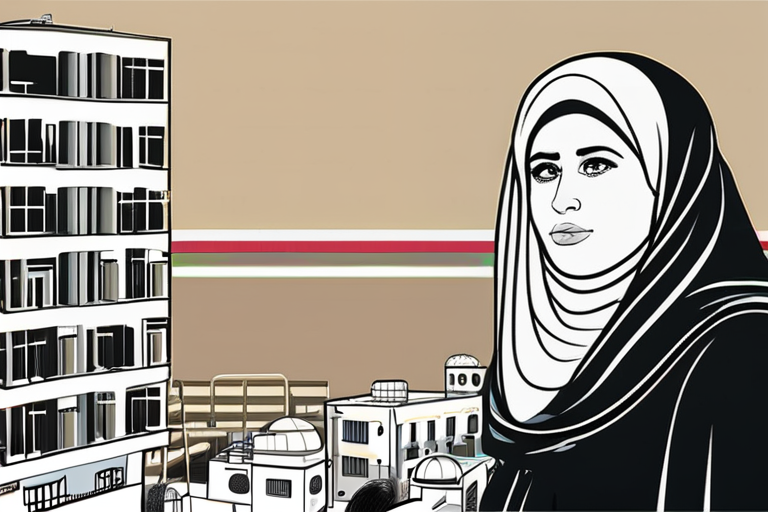
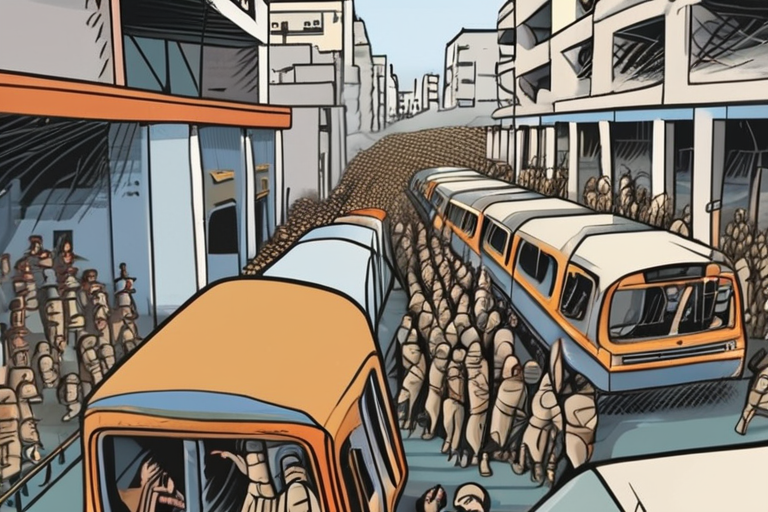
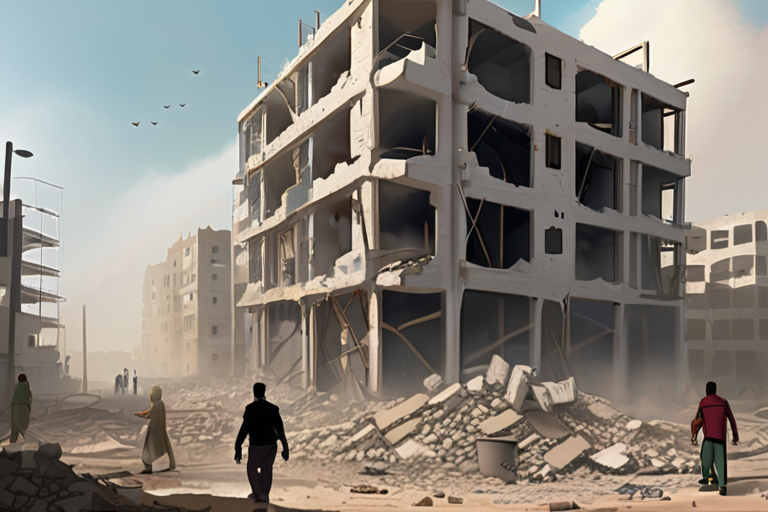
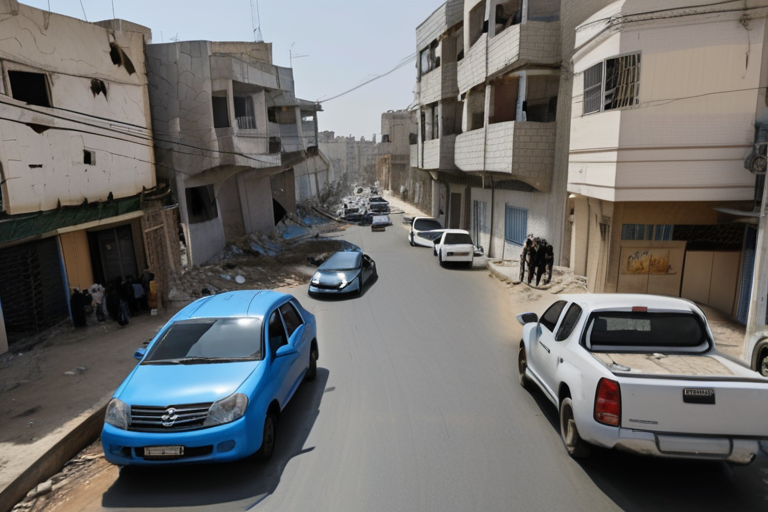
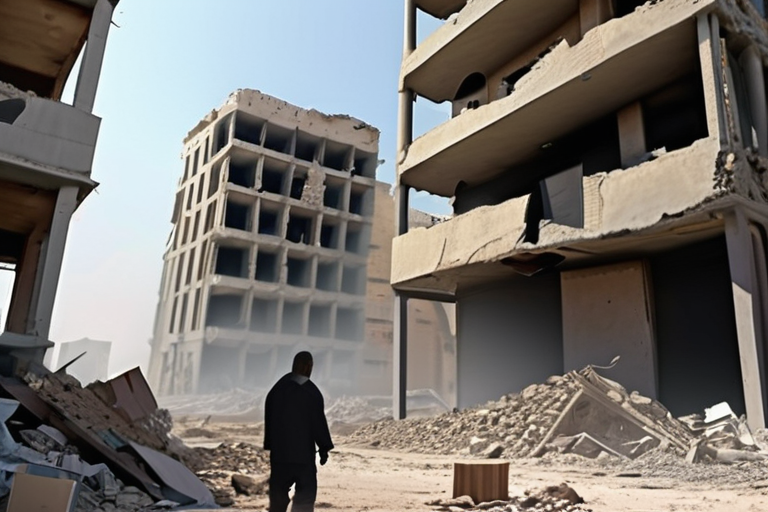
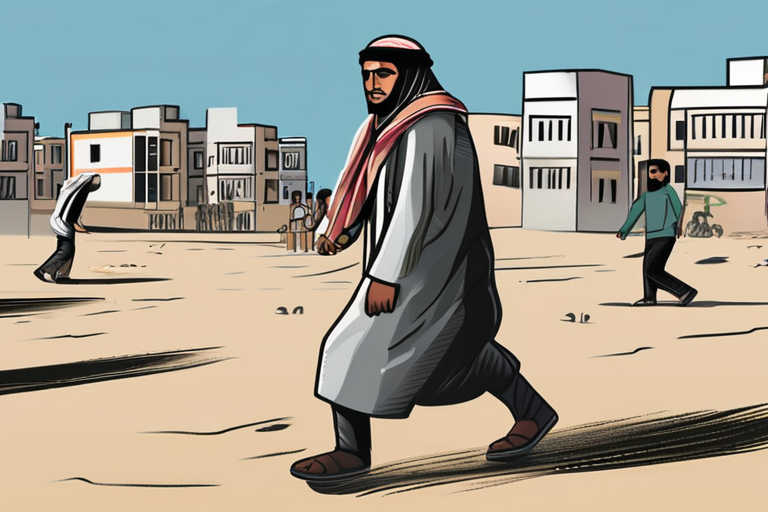
Share & Engage Share
Share this article